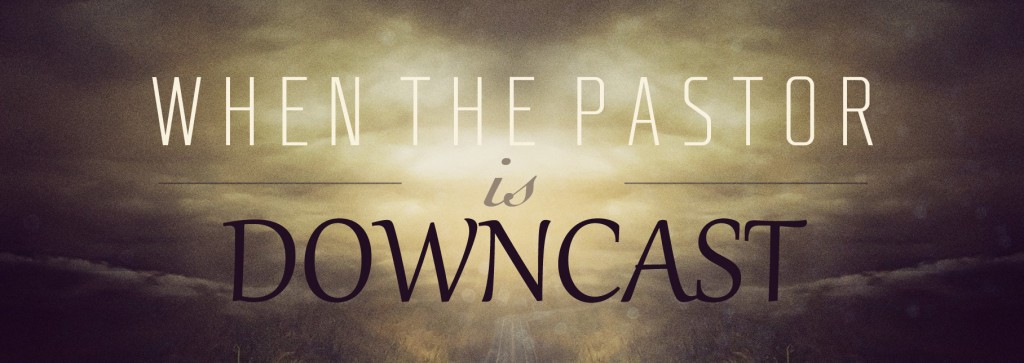When asked about what Christians should be reading, Charles Spurgeon once replied:
As the apostle says to Timothy, so also he says to every-one, ‘Give yourself to reading.’ . . . He who will not use the thoughts of other men’s brains proves that he has no brains of his own . . . You need to read. Renounce as much as you will all light literature, but study as much as possible sound theological works, especially the Puritanic writers, and expositions of the Bible . . . the best way for you to spend your leisure is to be either reading or praying.
Pastors would do well to heed the Prince and read wisely, purposefully, widely, and deeply. Much can be said about each of those four adverbs, but my purpose in this post is to deal with the last: reading deeply.
Light reading is like dessert; it should be regularly enjoyed, but with the knowledge that it can’t sustain. Steer your soul’s course then toward deep reading of Scripture and deep reading of our faith’s weighty tomes: Calvin, Owen, and Bavinck.1 Few pastors will naturally gravitate toward these works, so it will take discipline and planning to reap the awaiting harvest.
But, I promise, should you have patience, the harvest will come quite easily.
A couple years ago I noticed that I would often start an old classic, only to flame out a few weeks in. I suspect that many pastors are like me in this regard. I so desperately wanted to open up the Institutes and read it cover to cover, but try as I might, it never happened. After some reflection I realized my inability to close with Calvin was because my view was too short-sighted. In other words, I opened him up at each sitting with little more on my mind than to read as many pages as possible, as quickly as possible. Such an approach is a recipe for discouragement and dropping out.
A better approach, I soon discovered, was to say, “How many pages would I need to read each day in order to finish the Institutes in one calendar year?” To my surprise, I only need to read four pages per day! I could do that . . . and I bet you could too.
READING DEEPLY IN 2014
We stand on the precipice of a new year, a few weeks away from when the resolutions will abound. Why not set a goal to read a few of the old, deep volumes in 2014? Looking around my study, here would be a few examples:
- John Calvin’s Institutes of the Christian Religion (2 volumes) – 4 pages per day
- Works of Jonathan Edwards (2 volumes, Banner edition) – 5 pages per day
- Herman Bavinck’s Reformed Dogmatics (4 volumes) – 7 pages per day
- Wilhelmus a Brackel’s The Christian’s Reasonable Service (4 volumes) – 7 pages per day
- Works of John Flavel (6 volumes) – 10 pages per day
Just for grins, let’s throw in the good perspectivalist . . .
- John Frame’s A Theology of Lordship (4 volumes) – 6.5 pages per day2
But, I know, each of these works can hit the bank account pretty hard. Why not consider some of the more substantial one volume works?
- William Gurnall’s The Christian in Complete Armour (Banner edition) – 3 pages
- Volume 6 of John Owen’s Collected Works (contains his famous works on sanctification) – 2 pages
- Isaac Ambrose’s Looking Unto Jesus – 2 pages per day
- The Letters of Samuel Rutherford – 2 pages per day
- Louis Berkhof’s Systematic Theology – 2.5 pages per day
- Beeke and Jones’ A Puritan Theology – 3 pages per day
If you are patient and disciplined, you can climb up theological summits in less than a year. So dive on end to the deep end, it will satisfy your soul in surprising ways. Tolle lege!
- I am reminded of Mark Dever’s statement, “The only palliative is to keep the clean sea breeze of the centuries blowing through our minds, and this can be done only by reading old books.” ↩
- This doesn’t include the hundreds of pages of appendices. Be forewarned, should you attempt the conquer the good perspectivalist, you will be seeing triads everywhere by this time next year. ↩



